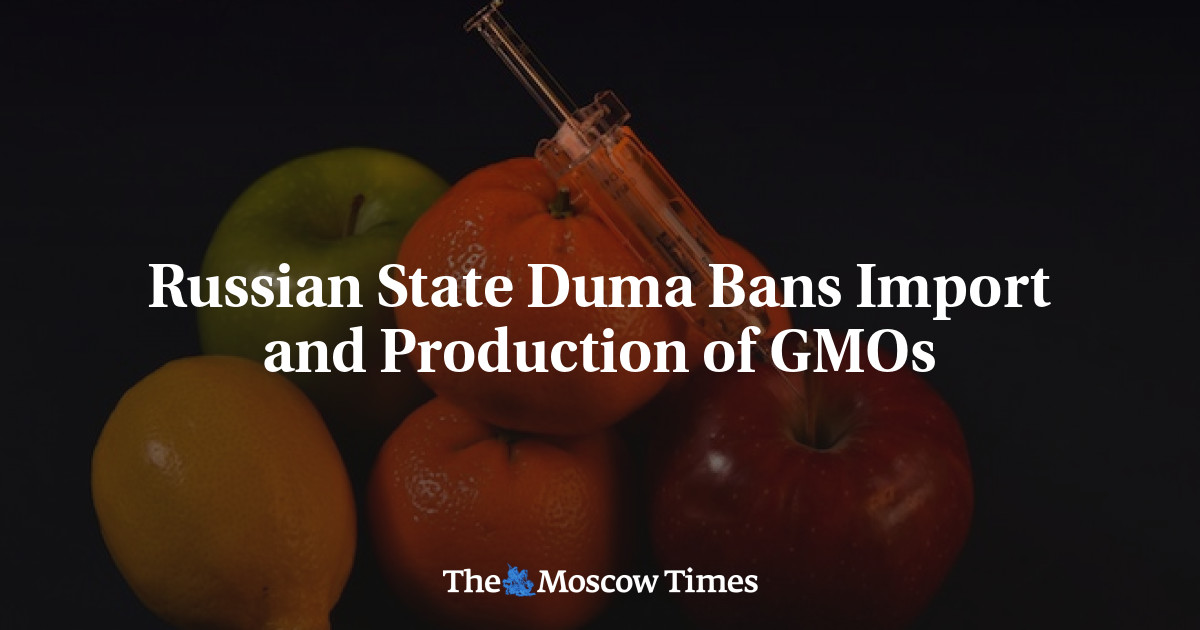Russia took a bold path: they banned GMO cultivation and restricted imports—except for limited use in research. This policy wasn’t random. Over 80% of Russians expressed deep skepticism about GMOs, citing fears that they cause illnesses and environmental harm. Top officials, including agriculture ministers, declared GMO foods unsafe, while civic groups backed legislation to ban biotech crops entirely. Their focus was clear: preserve local biodiversity and protect public health, even as Western countries adopted GMO technology.

In Nigeria, similar worries are growing louder. Farmers and NGOs led by AFAN and HOMEF have urged the government to suspend GMO initiatives immediately. They argue these seeds may cause health problems and collapse ecosystems built on traditional farming. At rallies in Ibadan, protestors held signs reading “Food should not be grown in a lab”. Experts from CEFSAR and the Centre for African Policy Research called GMO food a “Trojan horse” against Nigeria’s food sovereignty, urging an immediate ban until more independent study is done.
On social media and community forums, farmers’ stories reveal real costs:
– One Ogun State farmer lamented losing native seed varieties when GM crops displaced them. The new seeds became too expensive—rising from ₦7,000 to over ₦100,000 within two seasons.
– In northern regions, farmers warned that new GM seed patents made every planting season a costly repeat purchase—effectively forcing them into corporate dependency.
Research groups like the Living Science Foundation (LSF) have issued public warnings. They link GMO consumption to serious health risks: organ damage, hormonal disorders, chemical-resistant bacteria, even cancer. Meanwhile, scientists at the University of Ibadan described GMOs as “food poison”, stressing that Nigeria’s indigenous seeds and agroecology systems offer safer, culturally rooted food security.
Opponents argue that GMO-driven agriculture could degrade Nigerian soil quality and erase biodiversity in service of multinational seed corporations. HEFF and CEFSAR stress that smallholder farmers face seed dependency and crumbling traditional practices if GMO seeds become standard.
Russia chose rejection—despite global pressure. Nigerian scientists, farmers, and advocates echo the same caution. They warn GMOs may undermine local food systems, health, and livelihoods.
Yet one question lingers: Could there be a responsible way to adopt GMO technology—one that safeguards Nigeria’s environment and empowers farmers—without sacrificing sovereignty or health?
“The seeds we bought this season did not reproduce—it forced us to repurchase every year,” shared a community farmer from Ogun on a local forum (Reddit). In Ibadan, protest-goers carried placards like “GMO-Free Nigeria” and “Our Food, Our Seed” during a colorful rally organized by HOMEF .